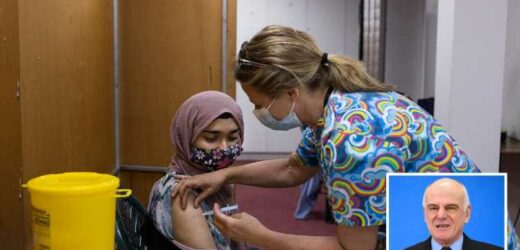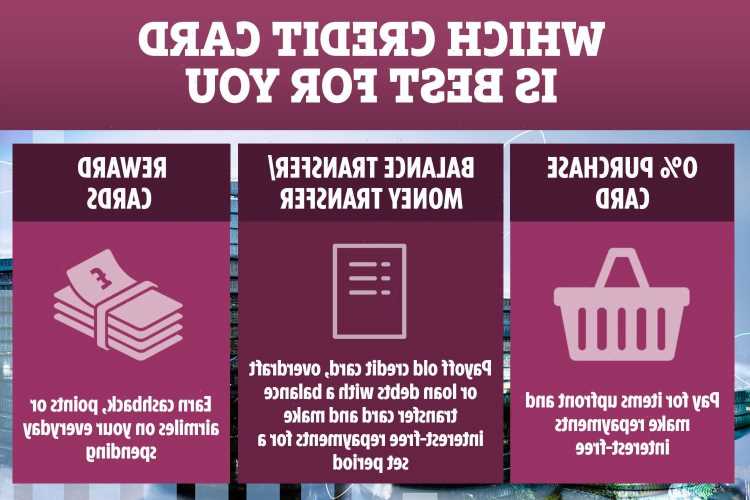COVID will pose an “ever present threat” and people will have to get used to behaving differently, a global health expert has said.
Life-saving vaccines will not be enough to protect us, World Health Organisation (WHO) special envoy on Covid-19 Dr David Nabarro said.
🔵 Read our coronavirus live blog for the latest updates
It comes after the leading expert said people will have to learn to live with the existence of coronavirus, always on alert to prevent further waves.
Dr Nabarro said: “We know that the virus is constantly changing, which means that although vaccination is a marvellous marvellous asset, it’s not going to be enough.
“We are going to have to continue to behave as though the virus is an ever present threat.
“So by all means, let the restrictions be released, but at the same time could I encourage everybody, everywhere to go on behaving carefully.
“At school, at the university, in the pub, in the restaurant, in the social club, the virus is still going to be around and it can come back with a huge surge, very, very quickly.”
It comes as England gears up for a full lifting of lockdown in the near future – possibly June 21 if ministers decide if it is safe.
Asked if the June 21 reopening should proceed, Dr Nabarro warned the virus is “lurking and waiting to strike again”.
He said: “Life has to go on and the last thing any of us want is to have people needing to go on restricting their lives but this virus has not gone away.
“And in some ways it’s lurking and just waiting to strike again.
“I want to suggest to everybody, please be really really careful… it’s really up to people everywhere to organise their lives to minimise the amount of contact they have with others, and to wear their face masks and just keep that protection going.”
He added: “It can’t be just about restrictions – the future for humanity is going to require that we adapt our lifestyles so that we make it hard for this virus to spread.”
It comes after Dr Nabarro said new surges of Covid will happen moving forward as the virus evolves and new variants emerge.
Variants develop the ability to dodge the immunity made by vaccines or become more infectious.
It’s already being seen with the Delta (Indian) variant rapidly spreading in the UK, as the NHS races to double-jab as many people as possible.
New variants will continue to pop up as a result of high circulation in countries where jabs are in low supply.
Dr Nabarro told the Trevor Phillips on Sunday programme on Sky News: “Humanity is going to have to learn how to co-exist with this virus, preventing it from spiking and then surging and causing hotspots of disease, and we’re going to have to be able to do this for the foreseeable future.
“Eradication is not currently a reasonable target for the world.
“Each time there is a sudden surge, it does stimulate in one’s mind the thought that there might be a new variant appearing. That wouldn’t be surprising.
“This virus isn’t going away any time soon, there will be variants emerging.”
Dame Anne Johnson, president of the Academy of Medical Sciences and professor of Infectious Disease Epidemiology at University College London (UCL), agreed.
She said: “In the end, we’re going to have to, as you heard earlier from David Nabarro, live with this virus and try and minimise the amount of severe disease that it causes.”
Prof Johnson admitted people will not want to “go on delaying forever” when it comes to lifting restrictions.
It echoes comments from top health chiefs including Prof Chris Whitty, who has said on a number of occassions Brits will have to get used to coronavirus and manage it "rather like the flu".
Some scientists have called on a new approach to Covid already.
Robert Dingwall, professor of sociology at Nottingham Trent University, told Times Radio last week: “What we see at the moment, I think, is really a preview of what it means to live with Covid as an endemic infection.
"These waves will come, they will pass through; there will be high levels of mild infections in the community for periods of time, a handful of people may be seriously ill, even fewer may die.
“But that’s what happens with respiratory viruses and we’ve lived with 30-odd respiratory viruses for since forever.”
Prof Dingwall said it was important to press ahead with the June 21 easing from a societal point of view.
Meanwhile, WHO leaders warned on Monday the world will not be safe from Covid variants without widespread high vaccine uptake.
Dr Michael Ryan, WHO's emergencies chief, told a news conference that ultimately vaccines are the way out the pandemic, and at least 80 per cent coverage was needed to stop transmission.
WHO Director-General Tedros Adhanom Ghebreyesus warned “inequitable vaccines means a threat to all nations, not just those with the fewest vaccines”.
Source: Read Full Article






